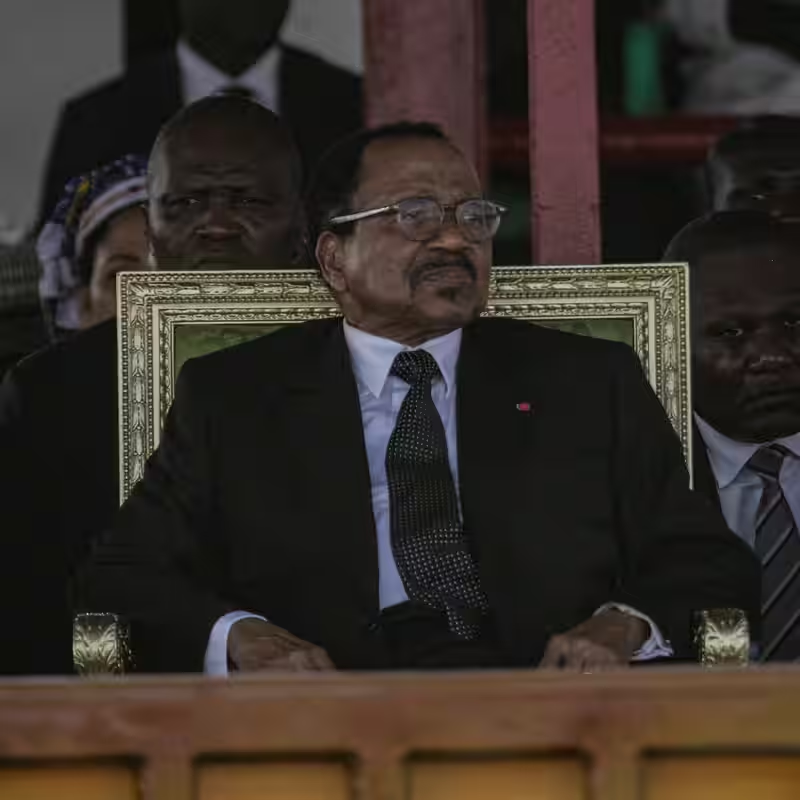Paul Biya: The Enduring Enigma of African Politics
On a historic Sunday, October 12, 2025, Cameroon holds its presidential election, with the world’s oldest sitting head of state, Paul Biya, seeking an unprecedented eighth term. At 92 years old, Biya’s potential victory would extend his rule to nearly half a century—a tenure that has defined a nation and sparked intense global scrutiny .
Table of Contents
- Biya’s Long Reign: A Historical Snapshot
- The 2025 Election Battlefield
- Health and Succession: The Elephant in the Room
- What’s at Stake for Cameroon?
- Sources
Biya’s Long Reign: A Historical Snapshot
Paul Biya assumed the presidency of Cameroon in 1982, succeeding Ahmadou Ahidjo. His 43-year rule has been a study in political endurance, navigating through periods of economic reform, civil unrest, and a protracted Anglophone crisis . His promise that “the best is still to come” is a familiar refrain to a population that has known no other leader for generations .
The 2025 Election Battlefield
The electoral field is officially set with 13 candidates vying for the presidency, but the opposition remains deeply fractured . Key figures like Issa Tchiroma Bakary and Bello Bouba Maigari, both former allies of Biya, are in the race, but their campaigns lack a unified front .
Critically, the main opposition leader, Maurice Kamto, was barred from running by the Constitutional Council in August, a move that has been widely criticized as a tactic to clear Biya’s path to victory . This exclusion has left the opposition in disarray, with many voters feeling their choices have been artificially limited .
| Candidate | Political Affiliation | Key Platform |
|---|---|---|
| Paul Biya | Rally of the Cameroon People (RDPC) | Security, economic growth, continuity |
| Issa Tchiroma Bakary | Cameroon People’s Democratic Movement (MPDC) | National dialogue, institutional reform |
| Bello Bouba Maigari | National Union for Democracy and Progress (UNDP) | Economic development, decentralization |
Health and Succession: The Elephant in the Room
Biya’s advanced age and infrequent public appearances have fueled persistent rumors about his health. The government has consistently refuted these claims, insisting the president is in good health . His official campaign launch in early October was a direct effort to quell these speculations .
Yet, the lack of a clear succession plan within his own party, the RDPC, creates a cloud of uncertainty over Cameroon’s future. The question on everyone’s mind is not just if he will win, but what happens the day after .
What’s at Stake for Cameroon?
This election is more than a referendum on Biya; it’s a pivotal moment for Cameroon’s democracy. Critics argue the country operates as an “electoral autocracy,” where the ruling party manipulates the system to maintain power .
For the average Cameroonian, the stakes are high. They face a choice between the stability of a known, albeit aging, leader and the uncertain promise of change from a divided opposition. The outcome will shape the nation’s trajectory on critical issues like national unity, economic development, and human rights .
Conclusion
As polls close on October 12, the world watches to see if Paul Biya will once again defy the odds. His campaign slogan, “the best is still to come,” is a bold assertion that his 43-year legacy is not yet complete. Whether the Cameroonian electorate agrees remains to be seen.




